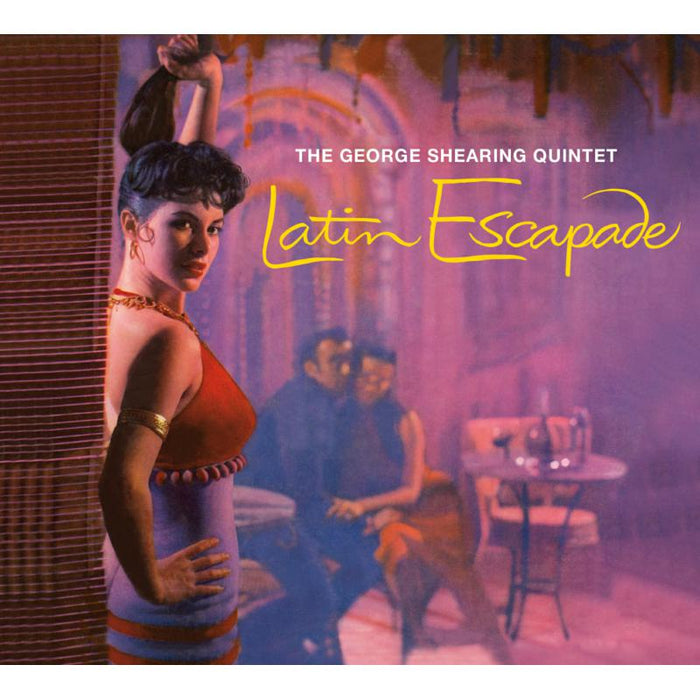Description
In the austerity years which followed the ending of World War II, the British nation was constantly exhorted to "Export, Export, Export!" in a desperate attempt to pay off the country's massive debts. The blind musician George Shearing took this seriously and 'exported' himself permanently to the United States. This may have meant one less mouth to feed but it also meant depriving Britain of one of its few internationally recognised Jazz stars. Well, not strictly true at the time - if Shearing was recognised for his genius in his home country, it was only amongst the real cognoscenti. There simply wasn't a thriving Jazz scene anywhere in the land where a good living could be made by the musically inspired. There was work for musicians, okay, but few opportunities for them to play on their own terms, as the 'art' of Jazz would require. Shearing decided to take a chance in the founding country of Jazz and the gamble paid off. His talent was recognised there and from it grew his international reputation. Staying in England would perhaps have soured that talent, and even when Jazz did make its mark on the British psyche, it was primarily of the conservative 'Traditional' variety, not exactly the most testing of genres for a free spirit.

















